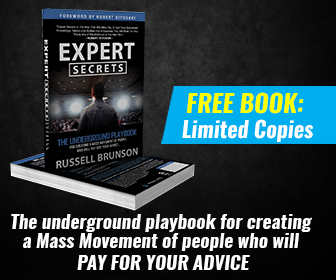What is the Straight Dope on Tropes?

What is a trope? Dictionary Definition for Artistic Use:
Something such as an idea, phrase, or image that is often used in a particular artist’s work, in a particular type of art.
Human-like robots are a classic trope of science fiction.
In rhetoric
- a word or expression used in a figurative sense
- a recurring theme or idea
A trope can also be described as another variation on the same theme. TV shows, movies, comics, games, anime’ & books are full of tropes.
Why are tropes important to emerging authors?
It is important as you begin to do a little homework for your business. That is the business of producing a product called books.
Explore your genre on Amazon, Groups on Facebook, and see what the bestselling products look like (cover) sound like (content) and feel like (comments on fan pages)
You will find themes and variations on those themes (TROPES).
Until you get a few books finished and out there in the market, stick with the tropes.
The tropes are expectations of your market – the way things look, sound, and feel.
This may seem counterintuitive. After all, aren’t we as authors supposed to be creative, outspoken, mold breakers, “able to leap tall buildings a single bound.” Not exactly.
In the beginning, see what your market expects to see. Try to cater to the market you want to conquer. Get some traction.
It is just learning to play the scales and some simple cover songs of the most successful musicians and bands before you start wailing on your axe and writing originals.
It’s good to know the mold and understand the mold. Then go ahead break the mold!
ABOUT STEVEN GREENE
Steven is a best-selling author and produced screenplay writer. After having worked through every entry level job in the entertainment industry, including Page at NBC and mail sorter at The William Morris Theatrical Agency, Steven Greene made it to Vice President and Executive Producer at Warner Bros. where he brought animation production back to the studio.
He then left corporate life to work as a carpenter and welder. Physical labor allowed the creative flow that led him to write novels and several screenplays that were produced by Major Hollywood Studios. Greene continues to be a major creative force. He writes fiction and non-fiction, sculpts, cooks and is a partner in a high-level digital marketing agency.
Steven’s books include the best-selling Addicted to Success and Surveyonomics.




















0 Comments